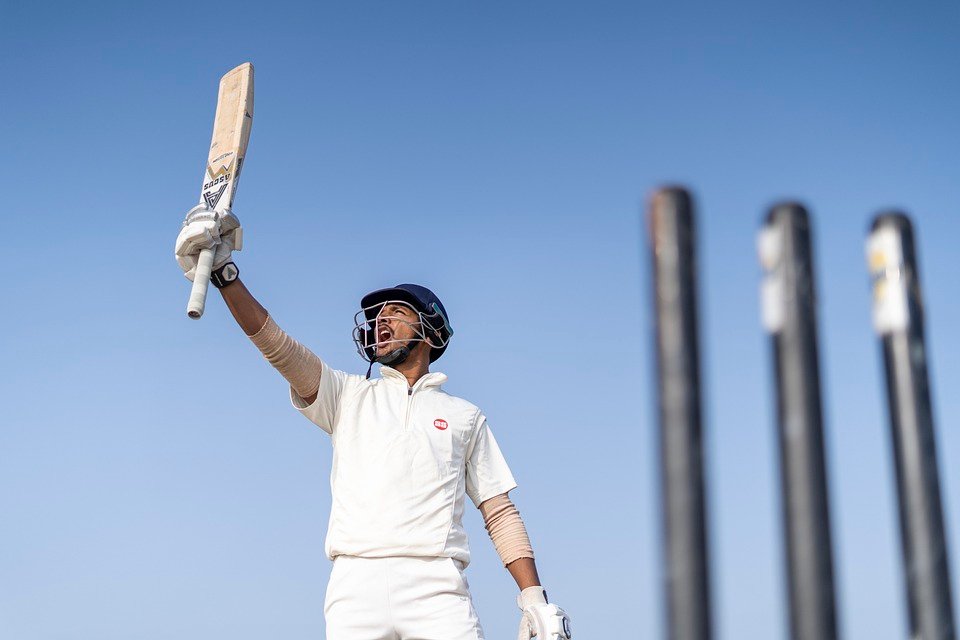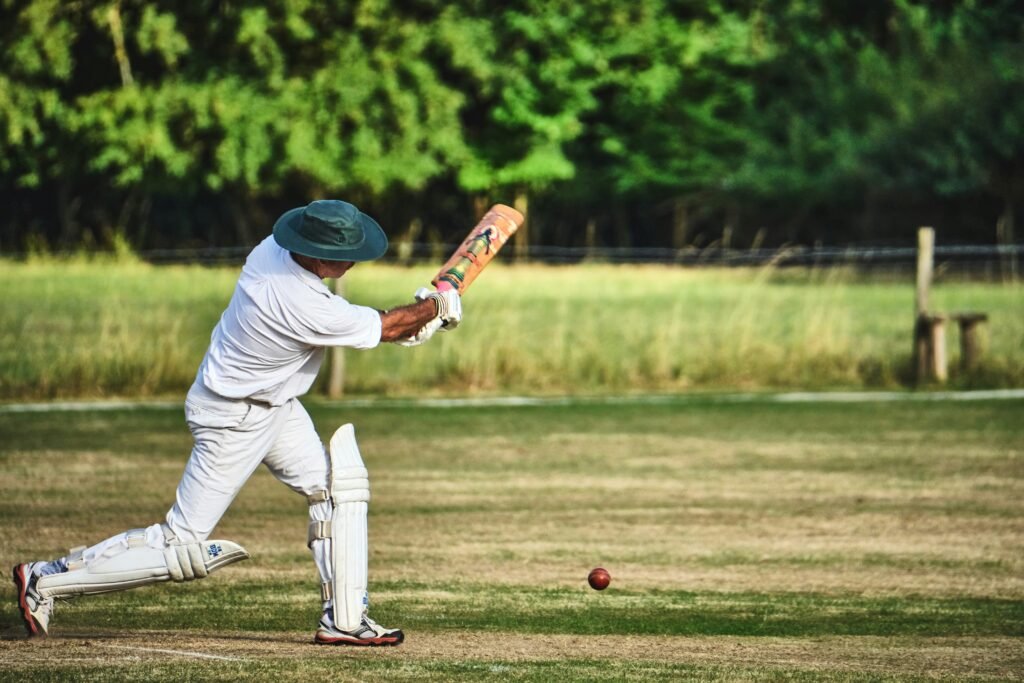In this article, we’re going to explore how Salman Butt backs PCB against the hybrid model 2025. Recently, Butt, a former captain of the Pakistan cricket team, has voiced his support for the PCB’s innovative approach to the game, believing that this new framework will benefit both the players and the organization. With cricket continually evolving, it’s crucial to stay updated on developments in the sport, and I promise you’ll find comprehensive updates and valuable insights on this topic. Whether you’re a die-hard cricket fan or just curious about the latest buzz, “Salman Butt backs PCB against hybrid model 2025” is a critical subject that’s shaping the future of cricket.
Looking ahead, I believe that Butt’s endorsement of the PCB’s hybrid model 2025 could significantly influence how teams operate and strategize. In my opinion, Butt’s experience and perspective provide a crucial lens through which we can understand the upcoming changes in cricket governance. Our team has over 10 years of experience in covering cricket and sports, having started our journey in 2013. With this wealth of expertise, we aim to provide the most accurate and engaging information about “Salman Butt backs PCB against hybrid model 2025”, ensuring that you stay well-informed and connected to the latest developments in the cricketing world.
Salman Butt Backs PCB Against Hybrid Model 2025
The Hybrid Model Debate
In the world of cricket, various structures and formats exist, and sometimes these can cause a bit of a stir. One recent topic that grabbed attention is the Hybrid Model for the Pakistan Cricket Board (PCB) in 2025. This model aims to create a blend of different formats and structures to enhance the cricketing experience. However, many people, including former cricketer Salman Butt, have expressed their thoughts about this approach. I think many cricket fans are keen to hear what he has to say.
It’s essential to understand why some are cautious about this model. While innovation in cricket can be exciting, it can also lead to confusion among players and fans alike. The excitement of a lively match can be lost if the format becomes complicated. Salman Butt, with his extensive experience in the game, stands firm against this model, arguing that it may not serve the best interests of cricket in Pakistan.
The Voice of Experience
Salman Butt knows cricket like the back of his hand. With over a decade of playing experience, he has seen the sport evolve in many ways. His journey in cricket offers him a unique perspective on this issue. When he speaks, he brings his insights into the game and what works best for the players and the audience.
Butt believes that players thrive in an environment that feels natural and consistent. I feel that his stance is admirable because players often need stability to perform at their best. If a model complicates the game, it could hinder their ability to showcase their talent. Fans want to enjoy watching their favorite cricketers, and a cluttered system might spoil the fun.
The PCB faces crucial challenges when it comes to decision-making. They want to keep the game attractive while ensuring it remains competitive. Striking that balance can feel daunting. In my opinion, the PCB should listen closely to both players’ and fans’ opinions, as this can guide better decisions.
The Hybrid Model presents a mix of opportunities and potential pitfalls. One of the primary critiques is that fans may feel left out if they struggle to understand the rules and format changes. After all, cricket enthusiasts are the backbone of the sport, and keeping them engaged is pivotal for a thriving cricket culture in Pakistan.
Tradition holds a special place in the hearts of cricket lovers. The game has a rich heritage that many cherish deeply. I think some changes might be beneficial, but they should not overshadow the traditional values that cricket brings. The game’s essence lies in its thrilling matches and the spirit of sportsmanship, which should always be preserved.
By examining Butt’s perspective, one is reminded of the importance of preserving that essence. He emphasizes that cricket’s unchanging core should remain intact. As cricket evolves, it’s crucial to strike an appropriate balance—progressing while honoring the sport’s heritage is essential for the future.
For any sport to flourish, engaging fans is crucial. They are the audience that fills the stadiums, cheers from home, and passionately discusses cricket with friends. I feel that introducing overly complex formats can alienate fans. They want to watch matches and understand the rules without the hassle of unnecessary complications.
Salman Butt’s backing of a more straightforward model aligns with this notion. The PCB may find that focusing on simplicity creates a more enjoyable experience for everyone. Imagine a format where even casual viewers can follow along easily—that sounds appealing, doesn’t it?
As we look to the future of cricket in Pakistan, it’s essential to consider all perspectives. The PCB must weigh the input from players, past legends like Butt, and fans alike. Creating a navigable path forward might be the best way to honor both tradition and the excitement of innovation.
In my opinion, transparency in discussions can also be vital. When stakeholders openly share their concerns and suggestions, it fosters a community atmosphere. This collaboration can ultimately lead to a model that everyone can support and enjoy.
Navigating a potentially tricky topic like the Hybrid Model isn’t easy. However, listening to respected voices in the sport, such as Salman Butt, can guide effective decisions. Balancing tradition with innovation is no simple feat, yet it remains crucial for the PCB and cricket fans everywhere.
As we continue our journey through cricket’s future, I feel optimistic that a well-considered model can emerge. By focusing on what truly matters—making cricket enjoyable for players and fans—the PCB can help secure the sport’s legacy for future generations. Together, let’s cheer for cricket, strong traditions, and an engaging future ahead!





